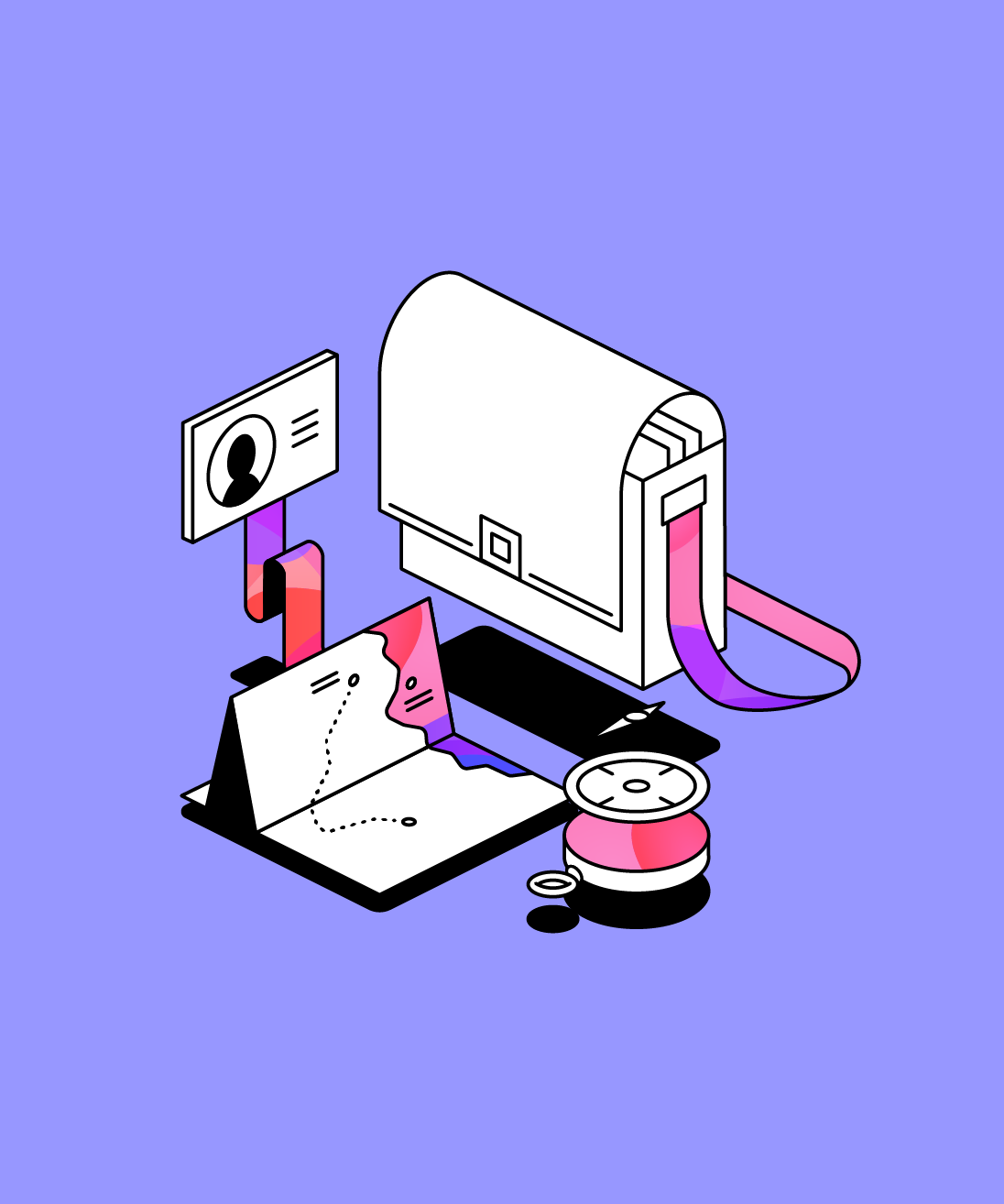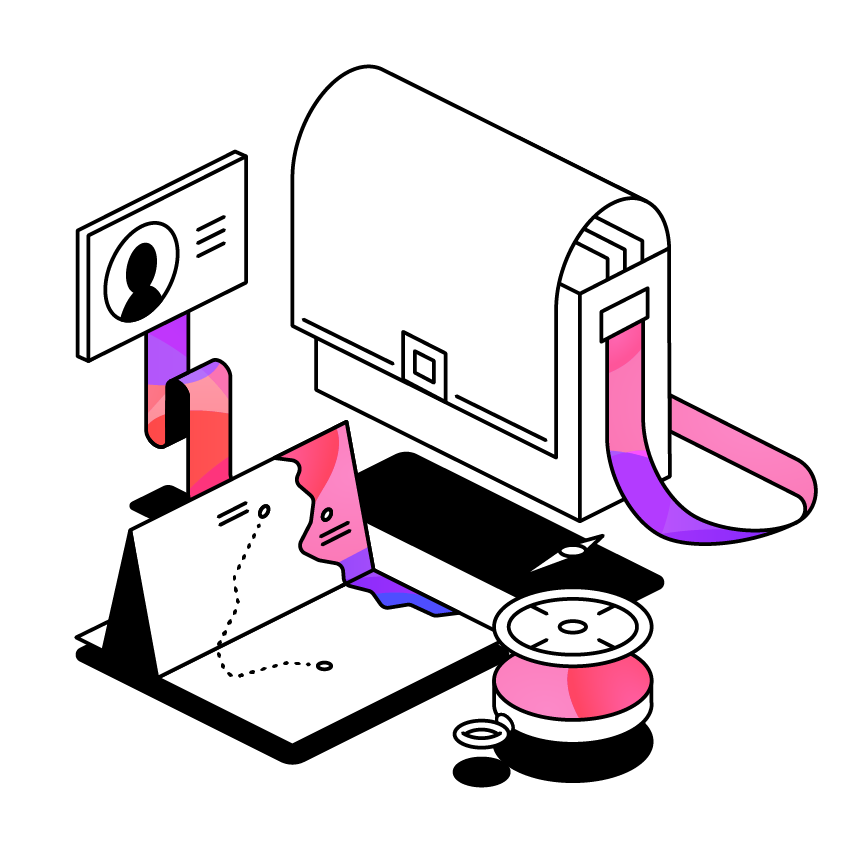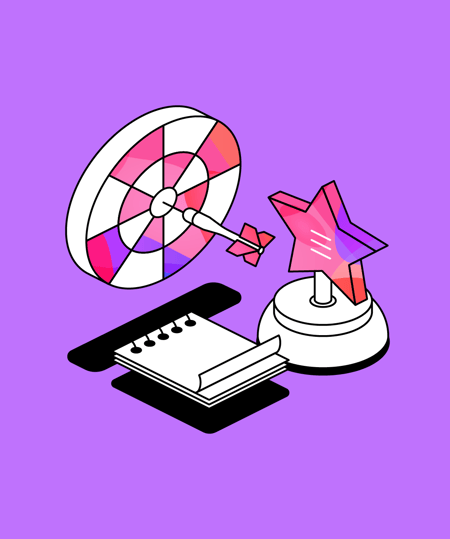How can colleges leverage technology to empower autistic students for academic success?
Learn how colleges can leverage technology and Universal Design for Learning to empower autistic students, focusing on technology built on learning science principles, like Genio Notes, to remove systematic barriers to success.
 3 min read
3 min read
 Published: 4 Nov 2025
Published: 4 Nov 2025
 Phoebe Hoar
Phoebe Hoar


As the student population grows more diverse, the role of DSS professionals is shifting - from a reactive focus on accommodations to a proactive strategy centered on Universal Design for Learning (UDL) and driving institutional student success.
Here, we’ll focus on how DSS offices can empower their autistic students, individuals who bring incredible strengths to campus despite facing individual barriers. We’ll explore how Genio Notes and other UDL principles can enable them to truly thrive.
Recognizing the inherent strengths and skills of autistic learners
With the rising New Majority Learner, campuses are seeing a more neurodiverse student population, in fact, of all New Majority characteristics, those identifying as neurodivergent (such as autistic or ADHD) saw the sharpest rise since 2004.

We recognize that autistic students offer unique and invaluable cognitive assets that enrich the entire academic community. While it's crucial to acknowledge that all students are different, and no two autistic individuals will experience the world the same, autistic students frequently demonstrate remarkable traits that can lead to academic excellence:
- Focussed and passionate about topics: The capacity for deep, sustained attention and mastery in a chosen subject.
- Logic and detail orientation: Excellent pattern recognition and an appreciation for systems and rules.
- Dedication to goals: Many autistic individuals demonstrate a strong, dedicated commitment to achieving their goals and completing tasks.
Despite these strengths, the fast-paced, unstructured, and ambiguous nature of higher education can create systemic barriers for this group of students.
Challenges faced by autistic students: Executive function and cognitive overload
While it’s important to recognize that autism spans a wide spectrum and as such, presents varied challenges for each student, many of these challenges are often rooted in Executive Function challenges. The set of cognitive skills that includes planning, organizing, task initiation, and working memory.
Actively engaging in lecture content requires executive functioning skills in order to process multiple things at once. For example, when sitting in a live lecture a student is simultaneously asked to:
- Process auditory information.
- Filter out background noise (sensory processing).
- Prioritize key concepts.
- Translate those concepts into organized, written notes.
This intense load and high cognitive effort creates extraneous cognitive load. For a student managing processing speed differences or sensory input, this load quickly becomes overwhelming, leaving less capacity for the actual learning and retention of new information.
The most effective support isn't just more time; it's technology that proactively manages that extraneous cognitive load.
How to support autistic learners: Proactive strategies aligned with UDL principles
To truly support autistic students, we must move beyond retroactive accommodations and embed proactive strategies into the learning environment, aligning with the principles of Universal Design for Learning (UDL) and a 'success first’ model of support.
- Provide support with time management and offer clear communication to help students prioritize tasks.
- Allow for advance preparation. Provide lecture slides, reading lists, and, where possible, key assignment dates in advance. This reduces anxiety and allows for effective pre-learning, a proven method for consolidating memory.
- Implement inclusive technology which gives equal opportunity for all students to engage with academic material.
How can Genio help to support autistic learners?
This is the strategic moment where DSS professionals can amplify impact across campus. We know a significant number of students who need support do not register with disability services, often due to stigma, a lack of awareness, or difficulty with self-advocacy. By providing an inclusive learning tool like Genio Notes institution-wide, you are adopting an approach that:
- Proactively supports the "missing 65%" without the need for accessibility documentation.
- Reduces the demand for high-volume, resource-intensive accommodations such as peer note takers.
- Aligns with UDL principles, improving the learning experience for all students, leading to better retention and persistence rates.
Genio features that support with executive function and cognitive load in autistic students
Genio is purpose built to manage the executive function demands during the learning event itself, transforming overwhelming information into structured, usable resources. Built on learning science principles; Genio Notes helps to minimizes the strain on working memory, allowing students to focus on actively engaging in the lecture.
| Challenge | Genio Notes feature | Learning science principle |
|
Simultaneous processing and cognitive overload |
Audio capture and transcription: Records the lecture/discussion, syncing with notes, eliminating the pressure to process, filter, and write at the same time. |
Cognitive load theory: Relieves strain on the working memory, allowing it to be used for engagement, not transcription. Students are able to engage fully with the content, re-engaging with ease if focus is lost. |
|
Organization & structure |
Labels: Allows students to mark key moments for ‘review’ or as ‘important’ while the lecture is running, so students can easily return to specific points afterwards. Collections: All notes from different modules and courses can be organized easily for review. |
Multimedia Learning: Marking things as important helps connect newly learned material to prior knowledge and builds on dual coding theory. Adding visible cues helps to enable deeper learning and aid organization for easier retention of newly learned material. |
|
Review and retrieval |
Quiz Me: Following a lecture, students can generate multiple choice quiz questions directly from the recording. |
Retrieval practice: Encourages targeted, high value review after class, a proven method for long-term memory retrieval. |
Genio Notes is designed to address the root cognitive challenge, enabling the student to engage actively in the moment and review effectively later.
Supporting autistic students is a strategic imperative that benefits the entire institution. By empowering their inherent strengths and proactively providing the necessary technological scaffolds, especially those that manage executive function and reduce cognitive load, you are helping to remove systemic barriers.
Ready to discuss how Genio can help to support your students? Request a call with our team below.
More from Disability Services
View All
 3 min read
3 min read
Effective alternatives to peer notetakers
With an ever growing demand for note taking support it's essential institutions find an effective alternative to strained peer note taking systems. Discover why technology driven solutions like Genio Notes are essential for scalable, consistent, and empowering accessibility for your students.

 3 min read
3 min read
Genio ACR (VPAT) & Remediation Plan
As the deadline for WCAG 2.1, Level AA draws near, we’re taking the necessary steps to meet compliance guidelines and retain the highest levels of accessibility. Here, we'll look at Genio's approach to accessibility, VPAT and remediation plan, as well as questions to ask potential vendors to ensure they are meeting compliance guidelines and providing truly accessible solutions for your students.

 3 min read
3 min read
From individuals to institutions: How Disability Services offices can be the drivers of strategic goals
Higher education is evolving, and so is the role of Disability Services. Discover how, in collaboration with Genio, Disability Services are becoming key players in driving institutional goals and creating a more inclusive learning environment for everyone.





